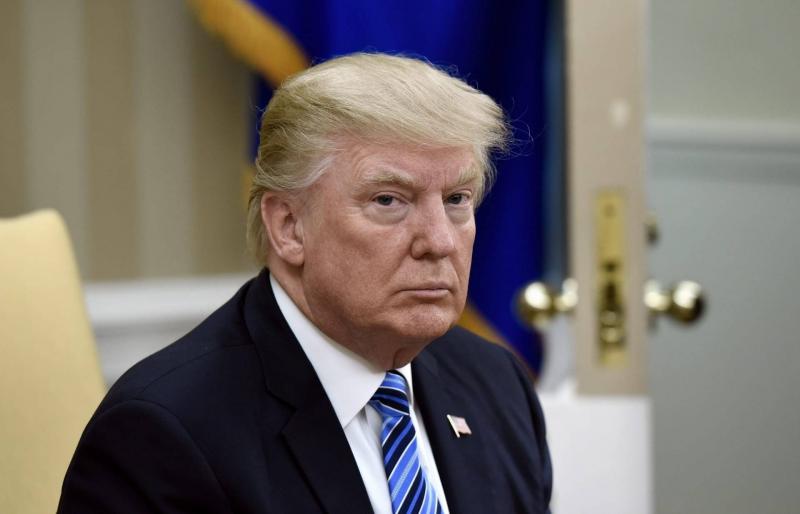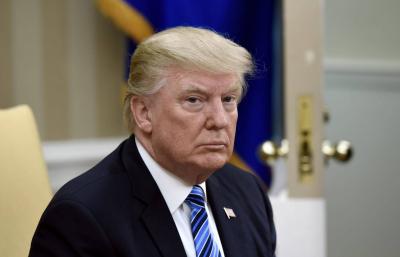Former U.S. President Donald Trump is expected to face charges in New York soon, possibly this week, related to allegations of paying a sum of money to silence a pornographic film star during his 2016 election campaign. However, legal experts indicate that any trial for Trump may not begin until more than a year from now, potentially coinciding with the final months of the 2024 presidential election campaign, in which Trump is seeking to return to the Oval Office.
In a social media post on Saturday, Trump stated that he anticipates authorities will arrest him on Tuesday and called on his supporters to protest. However, a spokesperson later clarified that Trump had not been notified of any imminent arrest.
Sources have reported that Alvin Bragg, the Manhattan District Attorney, presented evidence to a grand jury in New York concerning a payment of $130,000 to pornographic film star Stormy Daniels during the late stage of the 2016 campaign in exchange for her silence regarding an alleged affair between them. Trump has denied the existence of such an affair and has accused Daniels’ attorney of extortion. Daniels’ real name is Stephanie Clifford.
If charges are brought against him, Trump would be the first former American president to face criminal charges. Polls show him leading potential contenders for the Republican nomination for the presidency, including Florida Governor Ron DeSantis, who is widely expected to enter the race.
Karen Friedman Agnifilo, a former assistant district attorney in Manhattan, stated that any criminal case in New York generally takes more than a year to progress from mere allegations to trial, adding that Trump's case is far from standard.
This raises the possibility that Trump might have to stand trial in the midst of the 2024 presidential campaign or even after the elections. However, prosecuting an elected president or a sitting president under state laws introduces an uncertain legal landscape. If elected, Trump would not have the power to pardon himself for charges under state law.
In response to a question about whether the judge might schedule Trump's trial close to the elections, Agnifilo remarked, "This is unprecedented to the extent that it's hard for me to answer... I think it's a difficult situation."
The New York case is one of several challenges faced by Trump, including an investigation into his interference in the Georgia elections, as well as two federal investigations—one concerning his role in the January 6, 2021, Capitol riot as his supporters attempted to overturn his election defeat, and the other regarding his retention of classified documents after leaving the White House.




